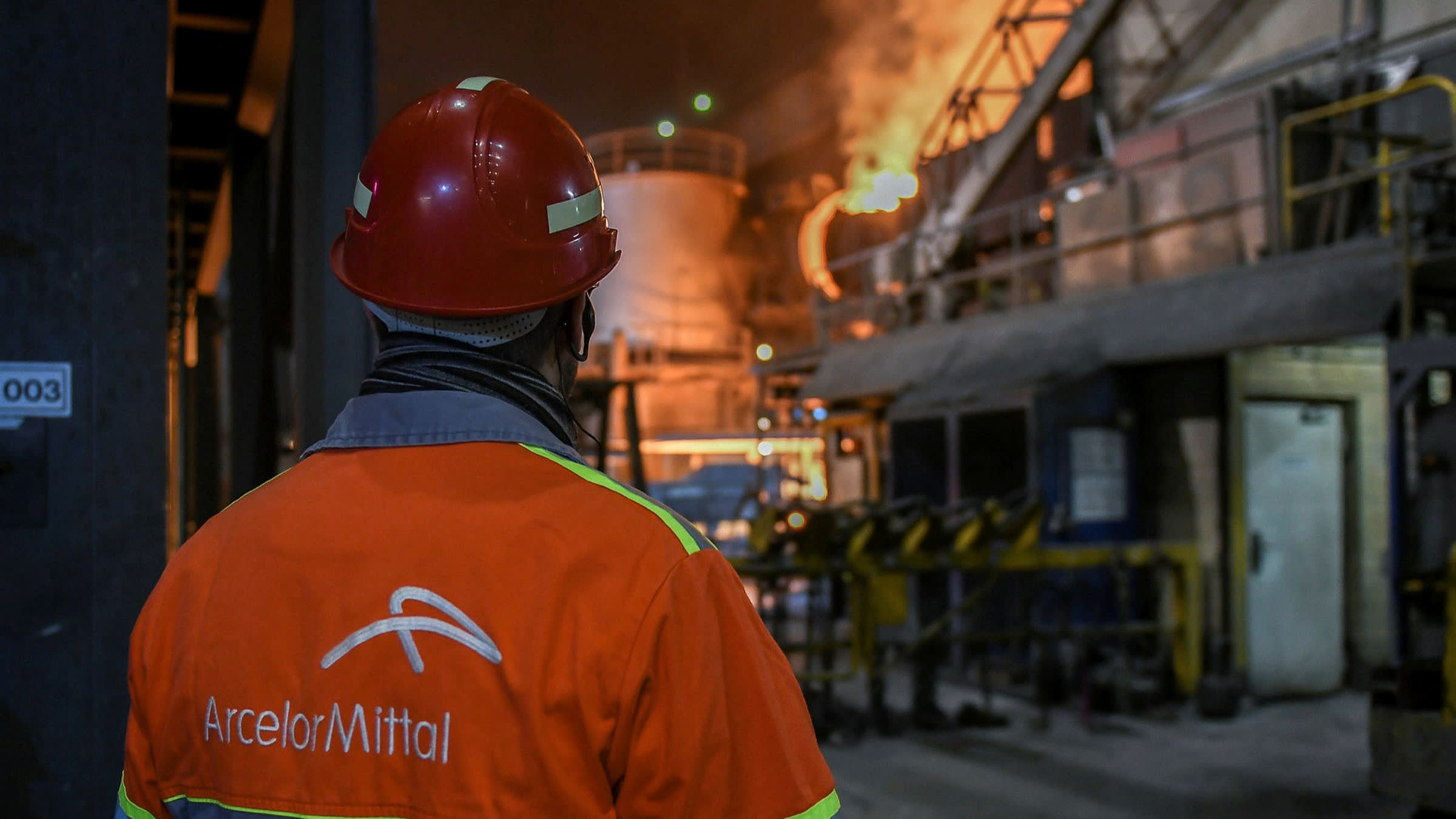ArcelorMittal is teaming up with Mitsubishi Heavy Industries Engineering (MHIENG), BHP and Mitsubishi Development to develop carbon capture, utilisation and storage (CCUS) technology in Europe and the US.
The firms will first implement a large-scale multi-year trial of MHIENG’s system at ArcelorMittal’s steel plants in Ghent, Belgium, as well as at an unspecified US site.
The Ghent project involves two phases. During the initial stage, the CO2 top gas will be captured from the blast furnace at a rate of around 300 kg/day of CO2. The second phase involves testing the separation and capture of CO2 from the offgases in the hot strip mill reheating furnace, which burns a mixture of industrial gases, including coke gas, blast furnace gases and natural gas, ArcelorMittal says.
“We are developing two routes to decarbonise steelmaking: Smart Carbon and Innovative-DRI. Both routes will contribute in our journey to deliver carbon-neutral steelmaking. The Smart Carbon route also allows us to integrate carbon capture and re-use (CCU) or storage (CCS) technologies, capturing carbon emitted during the steelmaking process,” ArcelorMittal Belgium chief executive Manfred Van Vlierberghe says in a note sent to Kallanish.
The steelmaker aims to reduce CO2 emissions by 35% by 2030 in Europe, and by 30% by 2030 worldwide.
The 5 million tonnes/year capacity ArcelorMittal Gent steelworks will also start operating its “Steelanol” demonstration plant this year, which will capture gases from the blast furnace and convert them into ethanol.
Meanwhile, at one of ArcelorMittal’s North American plants, the firms will build a mobile direct reduced iron plant to test MHIENG’s technology in this steelmaking route.
While MHIENG will supply its technology, BHP and Mitsubishi Development will financially support the trial, which should last several years, ArcelorMittal reveals.
BHP is strongly involved in decarbonising steelmaking, and partnering on similar projects with players such as Posco, China Baowu, JFE Steel, HBIS Group and Tata Steel. Together with ArcelorMittal, these steelmakers account for more than 17% of global steel production.
According to the International Energy Agency IEA, CCUS technology, a key decarbonisation solution for the hard-to-abate sectors such as steelmaking, should be used in more than 53% of primary steel production by 2050 in order to realise European net-zero targets.
Despite being readily available, very few steelmakers globally and none in Europe have so far invested in CCUS technology, Kallanish notes.
Over the past 30 years, MHIENG has been developing its “KM CDR ProcessTM for CO2 capture” in partnership with Kansai Electric Power. The technology has been installed in 16 plants globally, of which two are under construction.
Natalia Capra France






